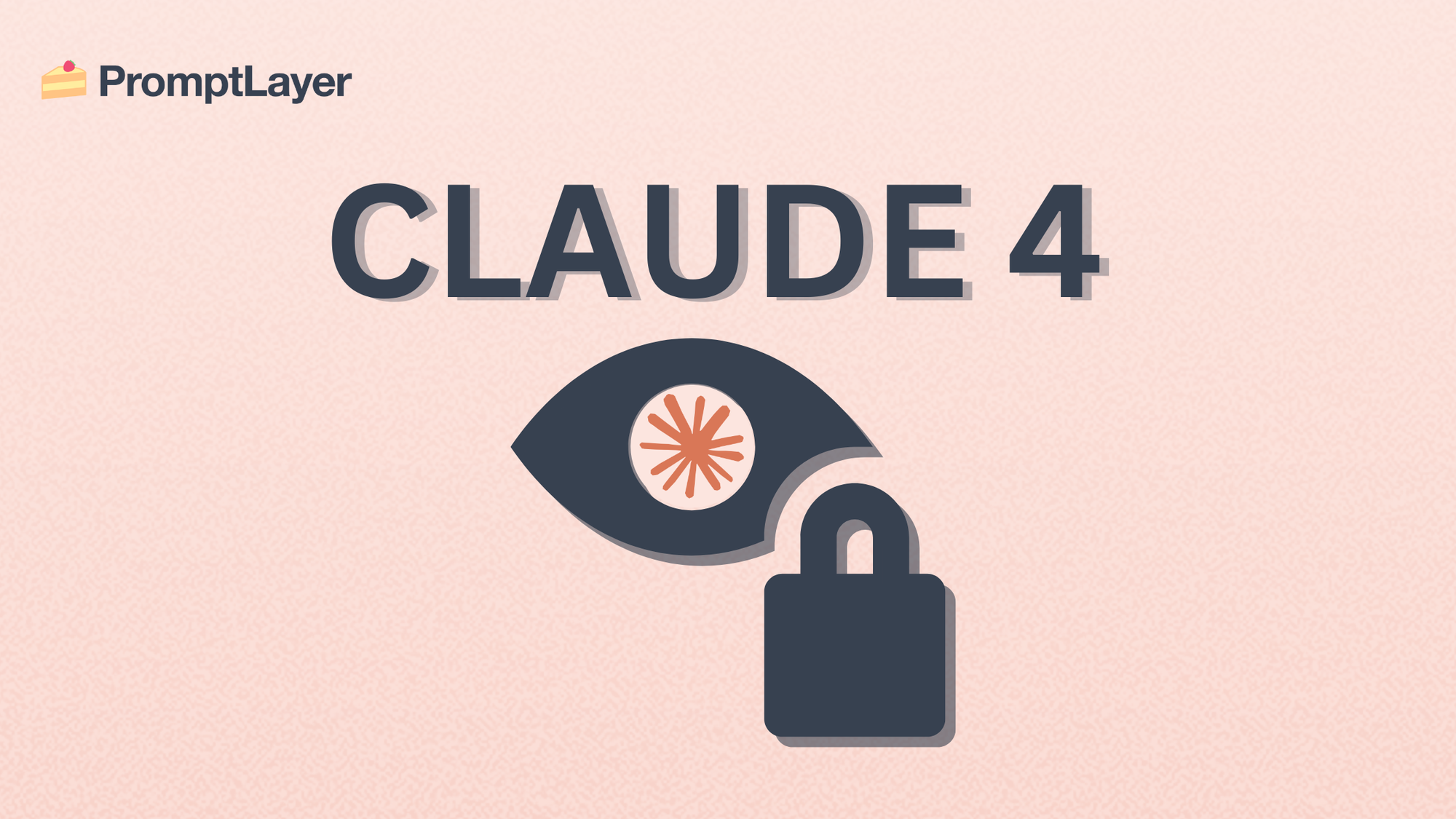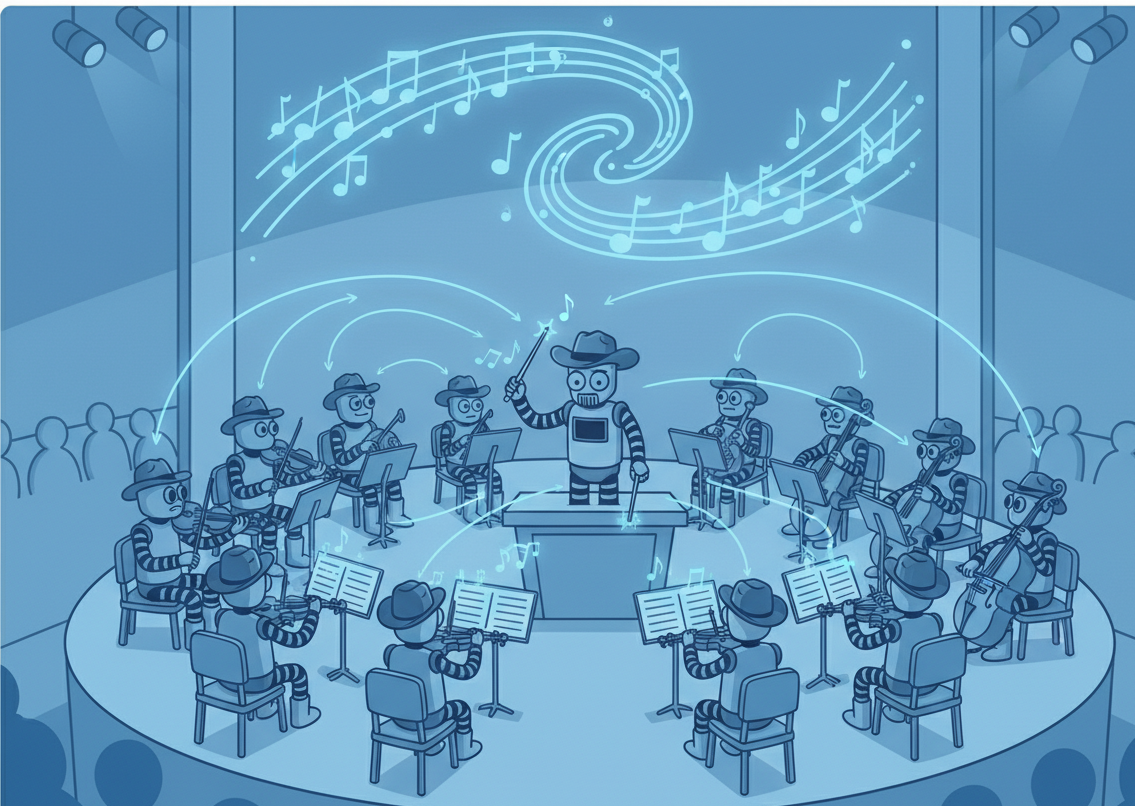Everything we know: Claude 4

As of May 22–23, 2025, Anthropic has officially released two variants of Claude 4—Claude Opus 4 and Claude Sonnet 4—bringing hybrid reasoning, extended thinking, and frontier coding capabilities to production users.
Claude Opus 4 is positioned as the most intelligent and capable model in the Claude family, delivering state-of-the-art performance on coding benchmarks (72.5% on SWE-bench) and sustained, multi-hour agentic workflows, with a 200 K-token context window and the ability to run “Claude Code” in the background for autonomous, long-running tasks (Anthropic, Anthropic).
Claude Sonnet 4, the successor to Sonnet 3.7, offers a balance of performance and cost for high-volume applications—excelling at code reviews, bug fixes, customer support agents, and AI assistants—with hybrid reasoning modes and summaries for extended thinking (Anthropic, The GitHub Blog).
Both models support parallel tool use, improved memory, and “extended thinking with tool use” (beta) to integrate web search and external APIs seamlessly (The Times of India). They are available via the Anthropic API, Claude.ai Pro/Max/Team/Enterprise, Amazon Bedrock, Google Cloud Vertex AI, GitHub Copilot, and Databricks (About Amazon, Databricks).
PromptLayer is specifically designed for capturing and analyzing LLM interactions. Providing insights into prompt effectiveness, model performance, and overall system behavior.
With PromptLayer, your team can access:
- Prompt Versioning and Tracking
- Performance Monitoring
- Error Detection and Debugging
- Compare models like Claude 4 (when it releases) with other frontier LLMs
Manage and monitor prompts with your whole team. Get started here.
Release Announcement
On May 22, 2025, Anthropic announced Claude Opus 4 and Claude Sonnet 4 as the official Claude 4 family launch, marking a shift from speculation to production readiness (Anthropic). The rollout on May 23, 2025, extended availability to AWS Bedrock and Google’s Vertex AI, backed by major investors including Amazon and Google (About Amazon, @EconomicTimes).
Key Innovations
- Hybrid Reasoning Modes: Toggle between near-instant responses and extended thinking for deep, step-by-step reasoning with summaries.
- Extended Thinking with Tool Use (Beta): Seamless switching between internal reasoning and external tools such as web search and APIs.
- Parallel Tool Usage & Memory: Both models support concurrent tool calls and improved memory management; Opus 4 additionally can create and access memory files when granted file access (The Times of India).
Updated Feature Highlights
Building upon the previous projections, the actual feature set delivers:
Context Window
- 200 K tokens for both Opus 4 and Sonnet 4, matching Sonnet 3.5’s record but applied across hybrid reasoning (Anthropic).
Multimodal & Agentic Capabilities
- Agentic Search & Workflows: Opus 4 powers long-horizon research and multi-step marketing or engineering campaigns autonomously for hours (Anthropic).
- Coding Autonomy: Sonnet 4 excels in code reviews and bug fixes, while Opus 4 can run background coding tasks via Claude Code, handling thousands of steps with 32 K output tokens (Anthropic).
Safety & Alignment
Anthropic released system cards detailing extensive safety evaluations:
- Opus 4 released under AI Safety Level 3, Sonnet 4 under Level 2, each undergoing rigorous testing for misuse scenarios, adversarial vulnerabilities, and third-party assessments (Anthropic).
Comparative Analysis with Previous Models
| Aspect | Claude 3.5 Sonnet | Claude 3 Opus | Claude 4 Sonnet 4 | Claude 4 Opus 4 |
|---|---|---|---|---|
| Context Window | 200 K tokens | 200 K tokens | 200 K tokens | 200 K tokens |
| Coding Performance | High | World’s best (SWE-bench 72.5%) | Frontier performance, practical cost | World’s best coding model, background tasks (Anthropic, Anthropic) |
| Agentic Reasoning | Limited | Advanced | Enhanced vs 3.5 | State-of-the-art, multi-hour workflows (Anthropic, The Times of India) |
| Pricing (in/out $ per M) | 3 / 15 (Sonnet 3.5) | 15 / 75 (Opus 3) | 3 / 15 | 15 / 75 (Opus 4) (Anthropic) |
| Availability Platforms | Anthropic API | API, Claude Pro+ | API, Free + paid plans | API, Claude Pro/Max/Team/Enterprise, AWS, Vertex AI (About Amazon, Google Cloud) |
Availability & Pricing
- Claude Opus 4: $15 / million input tokens, $75 / million output tokens; up to 90% savings with prompt caching, 50% with batch processing (Anthropic).
- Claude Sonnet 4: Maintains Sonnet pricing at $3 / million input tokens and $15 / million output tokens (Anthropic).
- Platforms:
- Anthropic API & Claude.ai (Free access to Sonnet 4, paid plans for Opus 4) (Anthropic)
- Amazon Bedrock, Google Vertex AI, GitHub Copilot, Databricks (About Amazon, Databricks)
Future Implications
The Claude 4 family’s launch strengthens Anthropic’s position in enterprise AI and furthers adoption across cloud providers and developer platforms. With Opus 4’s frontier intelligence and Sonnet 4’s cost-effective performance, organizations can deploy AI agents for complex, long-running tasks and high-volume operations alike. As tool integration and agentic reasoning mature, we can expect AI systems to take on specialized roles—coordinating workflows, conducting in-depth research, and automating end-to-end processes—transforming AI from a step-in assistant to an autonomous collaborator.
About PromptLayer
PromptLayer is a prompt management system that helps you iterate on prompts faster — further speeding up the development cycle! Use their prompt CMS to update a prompt, run evaluations, and deploy it to production in minutes. Check them out here. 🍰



